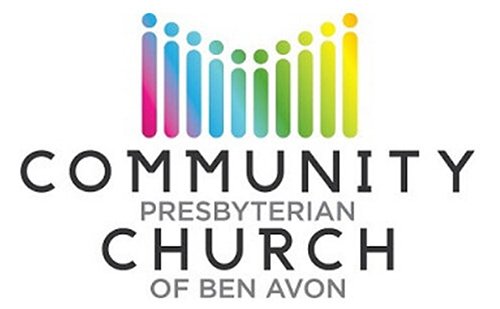Response to Roman Catholic Priests' Abuse of Children
A Letter from the General Minister to Pittsburgh Presbytery
A Matter of Trust
August 23, 3018
It has been nothing short of horrific to learn the results of a Pennsylvania grand jury inquiry into sexual abuse of children by Roman Catholic clergy in several Pennsylvania dioceses. It describes, often in disturbing graphic detail, more than 1000 instances of such abuse over recent decades, many right here in Pittsburgh. There is no question that experiences of sexual abuse during childhood bear lifelong traumatic impact.
What would Jesus say? “It would be better for you if a millstone were hung around your neck and you were thrown into the sea than for you to cause one of these little ones to stumble.” (Luke 17:2) The permanent personal injury inflicted on “these little ones” is itself sufficient reason to abhor such actions. Yet there is more. The church and its leaders are supposed to represent God. A child’s concept of God is forever scarred when he or she is violated at their hands.
Protecting our children must always be a first-order priority for the church. Thus, we require multiple background checks for all who work with children in our churches. We also urge all congregations to assure that at least two adults are present for all church-related activities with children, and that all doors to rooms in which church activities happen (including staff offices) be left open or contain an embedded, unscreened window. While the great majority of church leaders can be trusted, diligent concern for each and every child under our care demands that we take every possible precaution to assure their safety.
This scourge of new public revelations of clergy sexual misconduct is not limited to the Roman Catholic Church. There has been a recent wholesale resignation of top leadersat the well-known Willow Creek Community Church in the greater Chicago area, due to a long-time pattern of alleged pastoral misconduct that had been dismissed rather than acknowledged by the church’s leadership. Other examples could easily be cited. The consistent feature across them all is that the church has sought to protect itself by covering up leaders’ misconduct through denials, payoffs, reassignments, and non-disclosure agreements. That the church would seek to shelter its leaders rather than victims of their abuse constitutes a staggering moral abdication of its calling.
Let us beware pointing fingers at other churches, as though the problem is not ours also. We have no moral high ground here. Institutional and personal self-preservation at all costs have motivated us more often than we care to admit.
Scripture exhorts us not to accept charges against anyone without corroborating testimony. (Deuteronomy 19:15) This is taken to be especially true for New Testament church leaders. (1 Timothy 5:19) However, the church’s pattern has not been that it accepts charges too quickly, but exactly the contrary. Reports of misconduct have sometimes had to pile up before we begin to believe its victims. I was once part of a presbytery that was unwilling to act until more than a dozen women had lined up to accuse a presbytery leader who had engaged in an extended pattern of sexual harassment. Shame on us!
While the focus of last week’s grand jury report is on predatory actions toward minors, the situations at Willow Creek and other churches often have to do with wrongdoing to adults. Let us be clear on this: There is no such thing as consensual intimate relationships between church leaders and anyone whom they supervise or for whom they bear pastoral responsibility. It is an abuse of power. Always. It is intolerable. Always.
The “me-too” movement over recent months has revealed that countless women have been assailed in church-related settings by their supervisors or leaders. While such situations usually involve misconduct by men toward women, there are also many instances of inappropriate contact beyond the classic male-on-female pattern.
What is especially and horrifically true for minors who have been subjected to misconduct by church leaders is also true for adult victims – such events forever twist their understandings of our Lord and his ways with us. None of us is fully able to separate our picture of our Great Shepherd from our experience with his “under-shepherds.”
Rather than blaming other churches and their leaders, let us turn to the Lord in repentance for all we have done to preserve our institutions and reputations at the expense of believing and acting upon the claims of those who have been wounded within our own churches.
Is the church worthy of its members’ trust? Is the Lord worthy of our trust? Those two questions cannot be separated. If we aim to lead people to trust the Lord, it behooves us, who claim to speak in his name, to demonstrate ourselves fully trustworthy.
Yours in seeking a better way,
The Rev. Dr. Sheldon W. Sorge, General Minister

